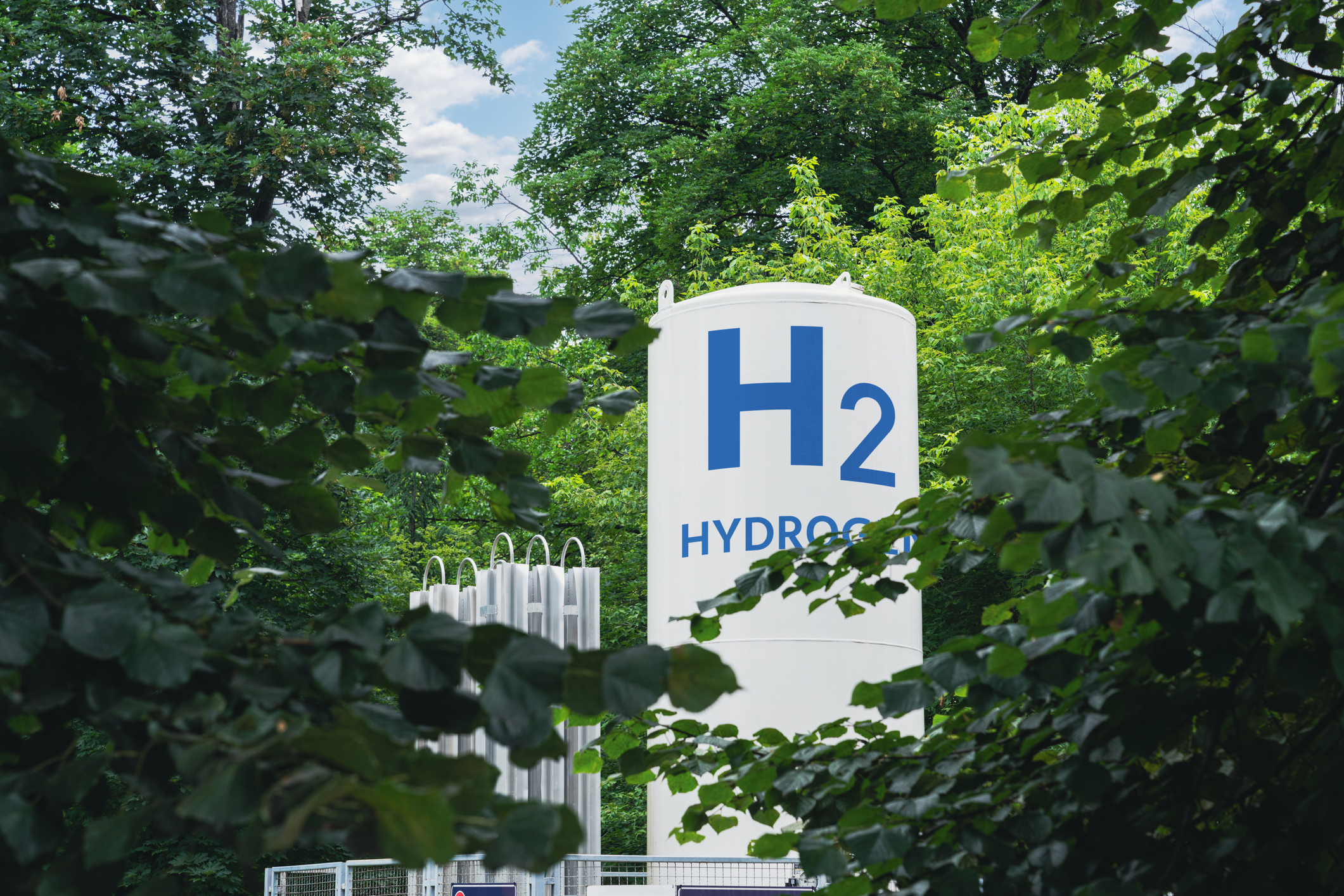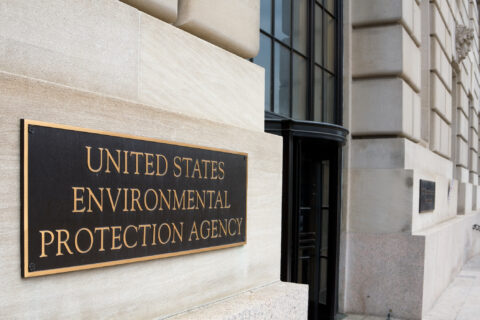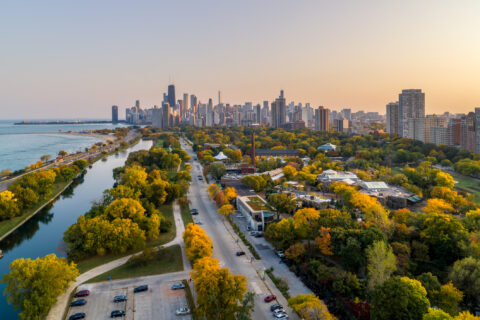Authored by Senior Manager of State Affairs at the American Gas Association Frank Canavan
Innovation and asphalt are not two words often in the same sentence. And while you might not think hydrogen production has anything to do with road repair projects, they may soon have a closer relationship thanks to a new technological breakthrough called methane pyrolysis.
In May, NW Natural and Modern Hydrogen celebrated a new project at NW Natural’s Central Resource Center in Portland, Oregon, that produces hydrogen onsite that meets the federal Clean Hydrogen Production Standards while capturing solid carbon. NW Natural delivers natural gas to approximately two million people across more than 140 communities throughout the Pacific Northwest, and this project is one example of how the company continues to innovate.
The project is pioneering a process known as methane pyrolysis, a process that takes natural gas and breaks it down into hydrogen and solid carbon, preventing natural gas combustion, without the need for water or significant amounts of electricity. Crucially, the process does not require new pipeline infrastructure or any upgrades since it is compatible with existing natural gas delivery infrastructure. The solid carbon is then collected and incorporated into performance-enhancing asphalt products, which are then used in paving and road repair projects. This innovative approach not only reduces greenhouse gas emissions by displacing natural gas for hydrogen, which releases water vapor instead of CO2, but also creates a valuable byproduct with a lower carbon footprint than traditional asphalt products.
The project represents the first utility-distributed methane pyrolysis system and the first pipeline injection of pyrolytic hydrogen. It was made possible by the tireless work of Modern Hydrogen and NW Natural project teams, as well as workers represented by local unions and contractors.
“Over the years, we have held to our core values of safety and service while embracing new technologies and better ways of doing things,” said NW Natural CEO David Anderson at the project groundbreaking. “People are eager for solutions that can be put into action today, and we’re proud to play our part.”
It won’t be long before the carbon captured onsite in Portland is used to improve local city streets. In fact, Modern Hydrogen is already partnering with local governments to complete infrastructure projects. Public works officials celebrated the occasion in May 2023 as San Antonio became the first city in the U.S. to use Modern Asphalt on public roads. The sequestered carbon in Modern Asphalt makes it stronger and longer lasting, meaning fewer road closures for repair, and it comes at no additional cost to traditional asphalt.
“As part of their commitment to reduce CO2 emissions, many municipalities are trying to better understand how they can reduce both operating costs and embodied carbon in roads projects. According to the US EPA, “Embodied carbon—also known as embodied greenhouse gas (GHG) emissions—refers to the amount of GHG emissions associated with upstream—extraction, production, transport, and manufacturing—stages of a product’s life.”
Modern’s work with San Antonio is a great case study into new options around high-performance carbon sequestering asphalt,” said Mothusi Pahl, VP of Business Development and Government Affairs at Modern Hydrogen.
Producing clean hydrogen utilizing existing infrastructure will be a critical tool to achieving deep decarbonization for residential and industrial customers while simultaneously ensuring more sustainable public works operations.
Meeting Goals
Learn more about the natural gas utility industry’s efforts to meet our nation’s greenhouse gas emissions reduction goals.










